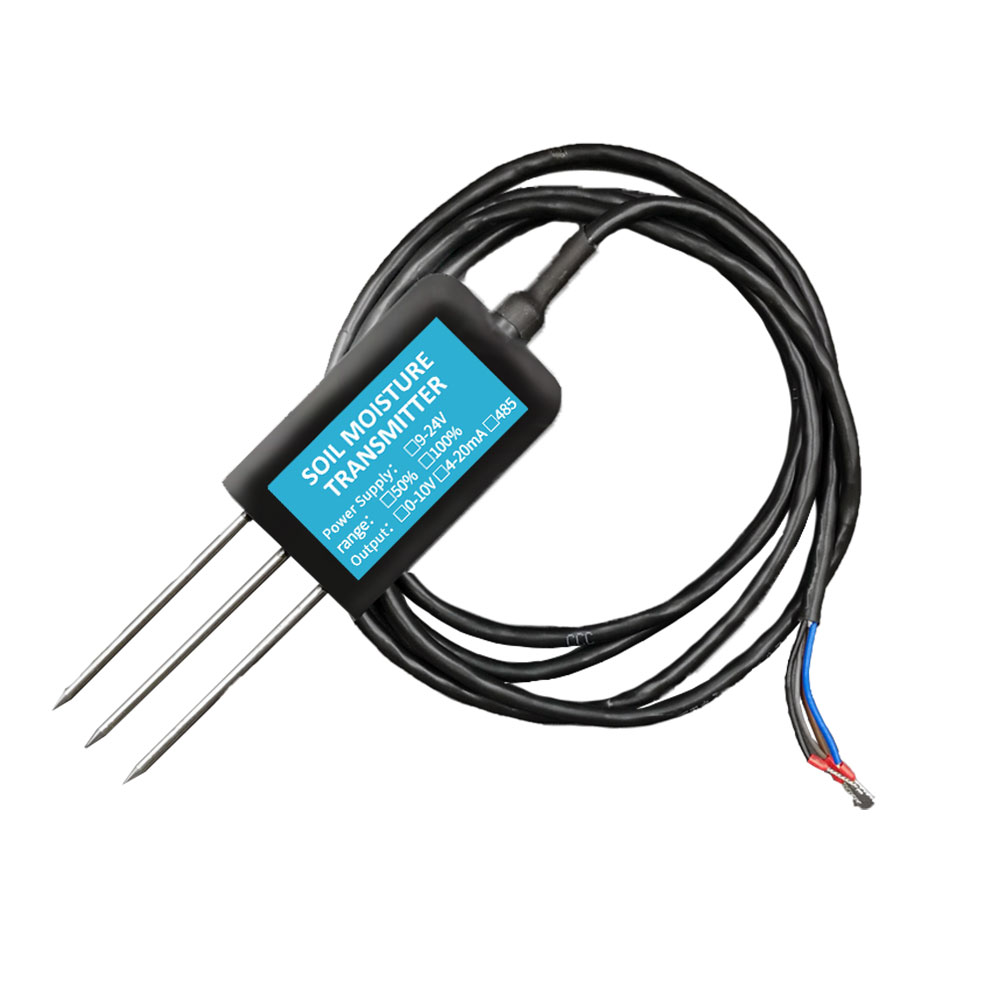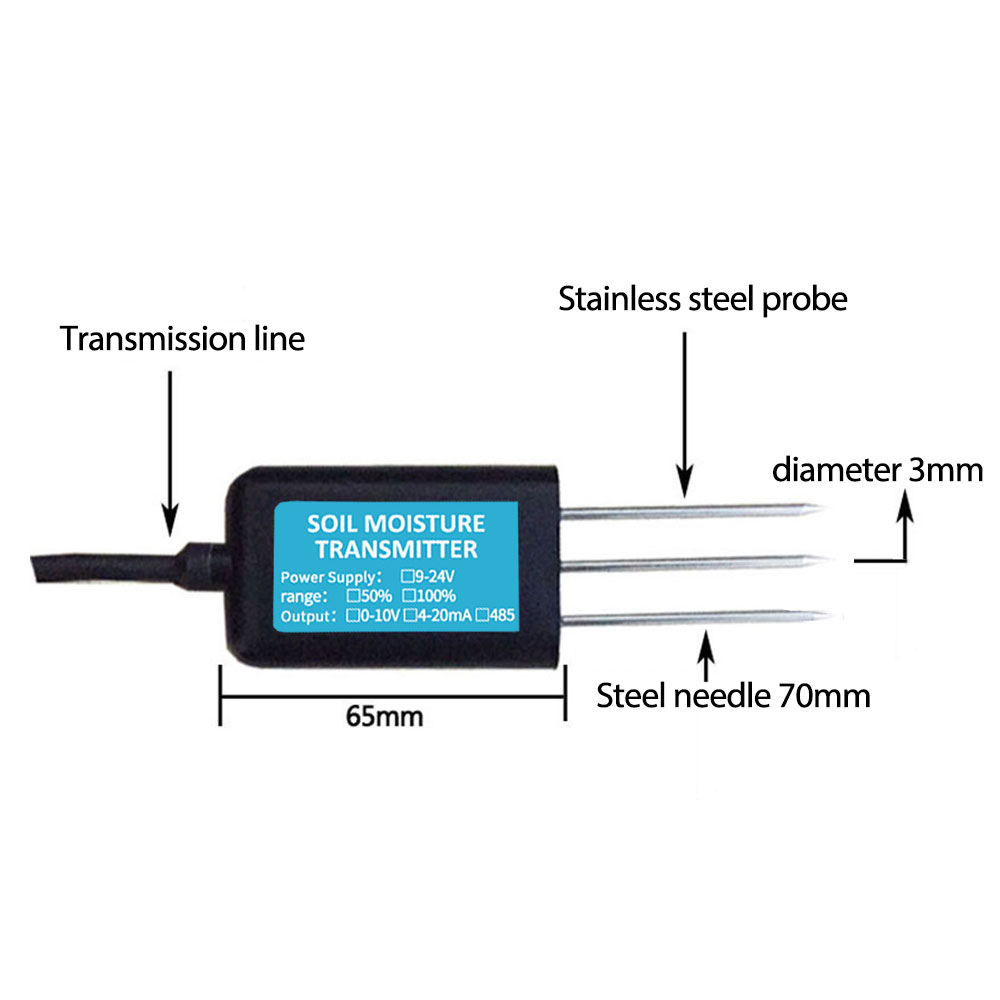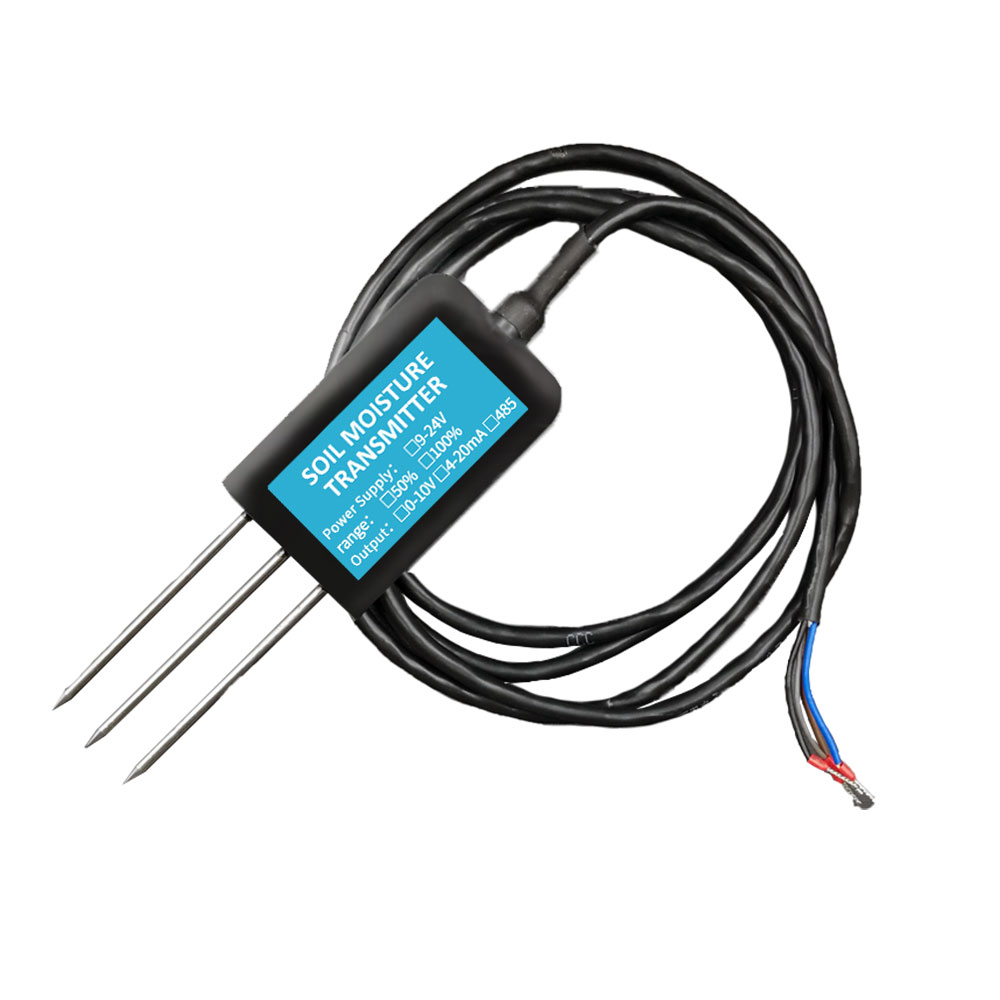Precision farming is a technique that utilizes technology to optimize crop production and maximize yields. One of the significant challenges of precision agriculture is monitoring the performance of crops and soil conditions accurately. This is where soil sensors come in, providing real-time data for improved decision-making.
In this article, we will discuss the role of soil sensors in precision farming and how they are revolutionizing agriculture. We will explore the benefits of using soil sensors, the types of sensors available, and how they help farmers make more informed decisions when it comes to crop management.
What are Soil Sensors?
Soil sensors are devices used to measure various soil parameters such as moisture content, temperature, and soil fertility. These sensors can provide data on the health of a crop, enabling farmers to make accurate decisions about irrigation and fertilization. The sensors work by inserting probes into the soil and analyzing the readings they receive.
Advantages of Using Soil Sensors in Precision Farming
Soil sensors have several advantages in precision farming, including:
Imporved Soil Moisture Management - Soil sensors offer valuable information on soil moisture content, allowing farmers to avoid over-watering or under-watering crops, which can lead to reduced yields.
Enhanced Fertilizer Management - Soil sensors provide precise information on soil fertility levels, helping farmers optimize fertilizer usage and reducing costs.
Better Crop Yield Predictions - By analyzing soil data over time, farmers can determine the ideal planting times for different crops, helping to maximize yields and reduce waste.
Reduced Environmental Impact - Accurate soil moisture levels and efficient fertilizer usage reduce environmental impacts such as nutrient run-off and water contamination.
Lower Operating Costs – Proper soil moisture management reduces water usage while optimized fertilizer management results in lower fertilizer costs.
Types of Soil Sensors
There are three primary types of soil sensors that farmers use to monitor soil conditions:

Capacitance Sensors – Capacitance sensors measure the dielectric properties of the soil, allowing farmers to determine soil moisture content. They operate by measuring the change in electrical capacitance as water moves in and out of the soil.
Tensiometers – Tensiometers measure the tension or pressure required to extract water from the soil. By analyzing this information, farmers can optimize irrigation levels and prevent soil moisture stress.
Nitrate Sensors – Nitrate sensors measure soil nitrogen levels, providing farmers with valuable information on soil fertility. This information allows farmers to optimize fertilizer usage and reduce waste.

How Soil Sensors Revolutionize Precision Farming
Soil sensors play a significant role in revolutionizing precision farming, replacing traditional field sampling and guesswork approaches. By providing real-time data on soil conditions, soil sensors help farmers make more informed decisions, optimizing crop yields and reducing environmental impacts.
Real-time monitoring with soil sensors also enables farmers to implement site-specific farming practices, matching crop inputs to specific soil types. This approach ensures that crops receive precisely the right amount of water and fertilizer, improving crop quality and reducing operating costs.
Conclusion
Soil sensors are critical tools for modern precision farming, providing real-time data on soil conditions and crop health. By using soil sensors, farmers can optimize irrigation, fertilizer use, and planting times, leading to increased crop yields and reduced environmental impact. In short, soil sensors are revolutionizing precision farming, helping farmers make data-driven decisions and improving efficiency and sustainability in agriculture.







